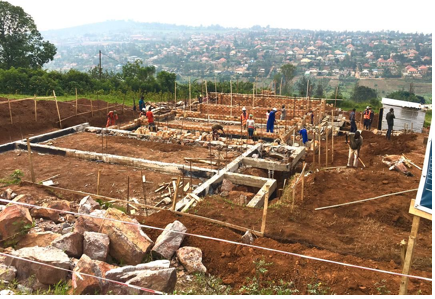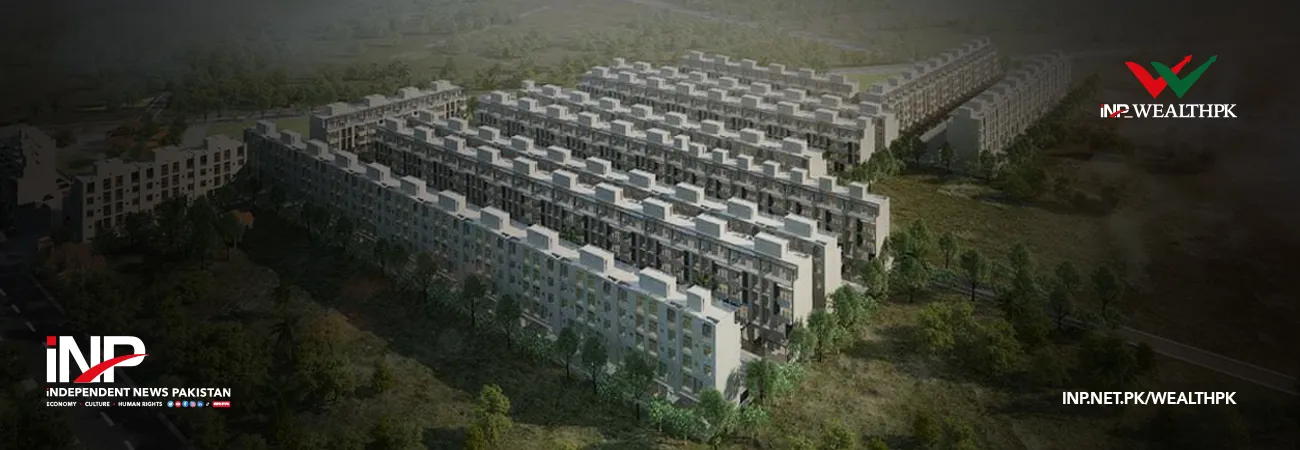INP-WealthPk
Ayesha Saba
As Pakistan grapples with rapid urbanization and continuous expansion of housing societies, concerns are being raised about the unchecked conversion of fertile agricultural land into residential developments. The government must take prompt action by formulating clear and enforceable regulations that prioritize the preservation of agricultural land.

Azeem Tariq, Senior Scientific Officer (SSO) at the National Agricultural Research Council (NARC), explains that Pakistan is losing its fertile agricultural land at an alarming rate. In recent years, there has been a significant rise in the development of housing societies on fertile agricultural land rather than expanding the agricultural land, resulting in a reduction of the already limited space available for farming. “This trend is prevalent around many major cities across the country, where thousands of acres of productive agricultural land have been transformed into residential developments. Agriculture has been the backbone of Pakistan’s economy, ensuring food supply and providing livelihoods for the rural communities,” he said. He maintained, “Pakistan relies heavily on its agricultural sector for staple crops like wheat, rice, and sugarcane.
As more agricultural land is lost to urban development, the country can see a significant reduction in crop yields, leading to greater dependence on food imports. This scenario can further strain an already fragile economy, triggering higher inflation and increasing the risk of food insecurity. “One of the key issues driving this unchecked conversion is the absence of a robust regulatory framework. Pakistan’s current land-use policies are criticized for being ambiguous and poorly enforced. Without clear guidelines for converting the agricultural land into residential zones, the developers are able to exploit legal loopholes, further accelerating the loss of farmland,” he said. He also argued that the government must prioritize land-use reforms that protect agricultural land while accommodating the housing needs.
He suggested that the government implement zoning laws that designate specific areas for residential, commercial, and agricultural purposes. Additionally, he recommended promoting sustainable urban planning that encourages vertical housing development, reducing the need to expand horizontally into the agricultural land. This would help maintain a balance between the urban growth and preservation of valuable farmland. By concentrating on vertical development and utilizing the underdeveloped urban areas, Pakistan can meet the growing demand for housing without sacrificing its agricultural land. He also emphasized the need for public-private partnerships to support sustainable development models that protect the environment and food security.
Credit: INP-WealthPk




